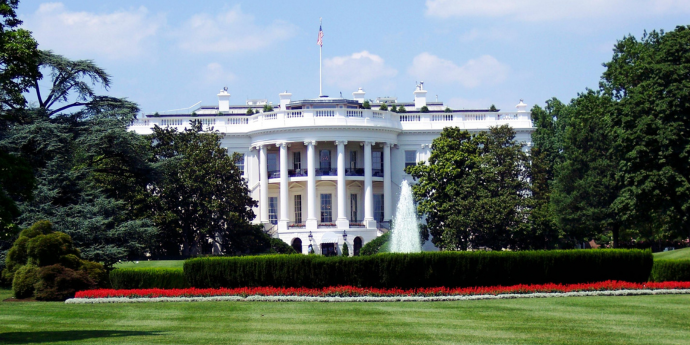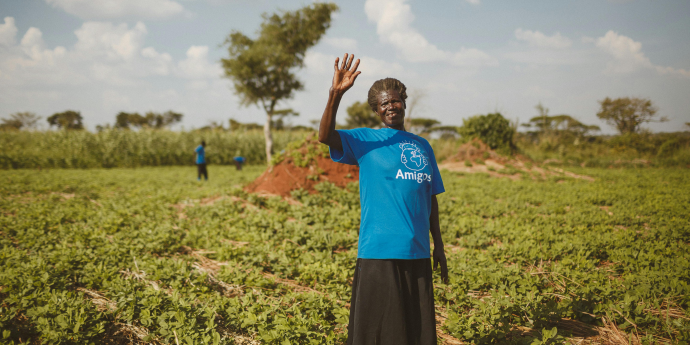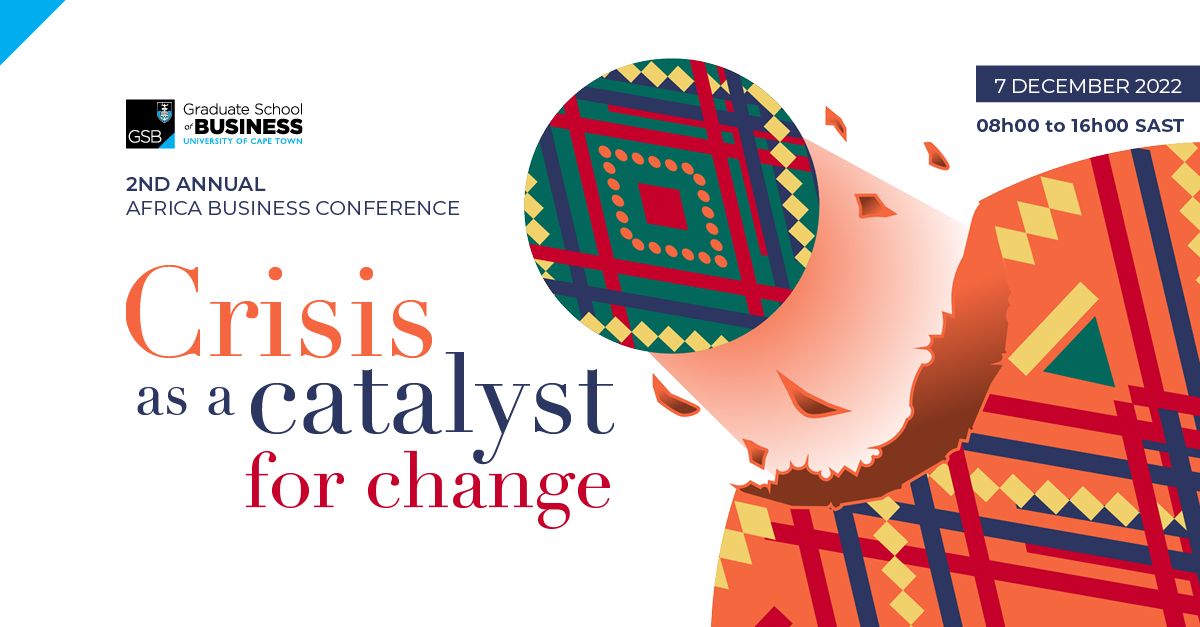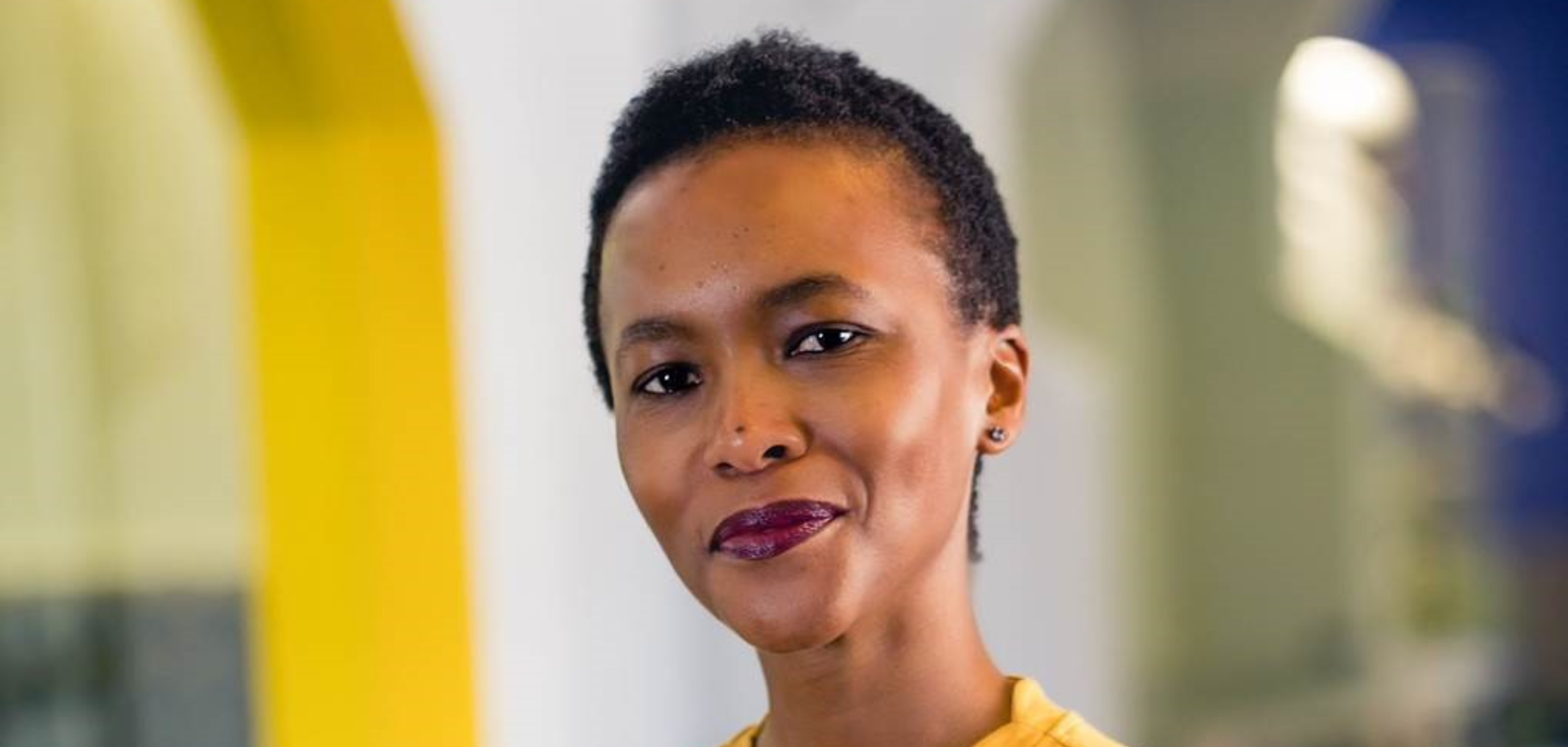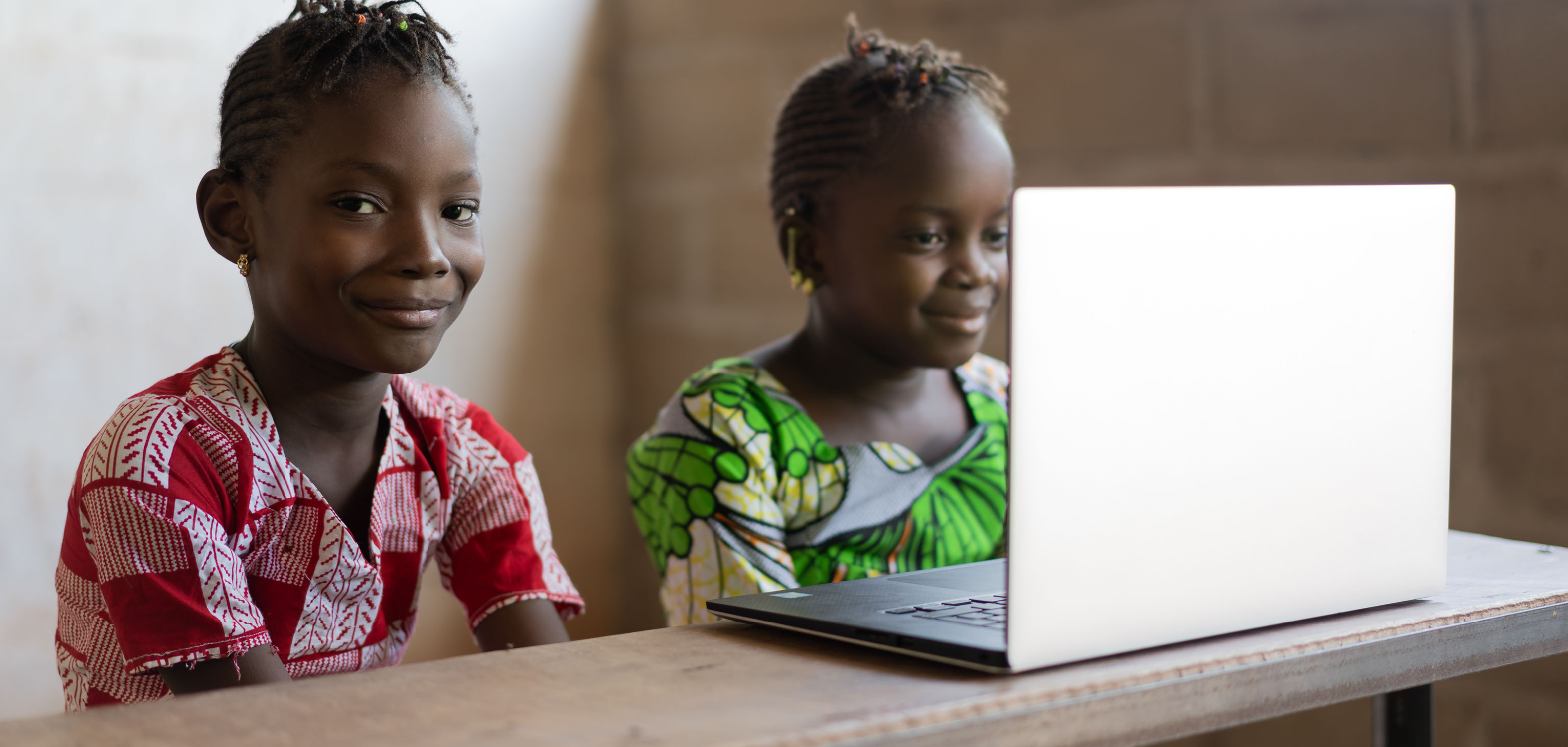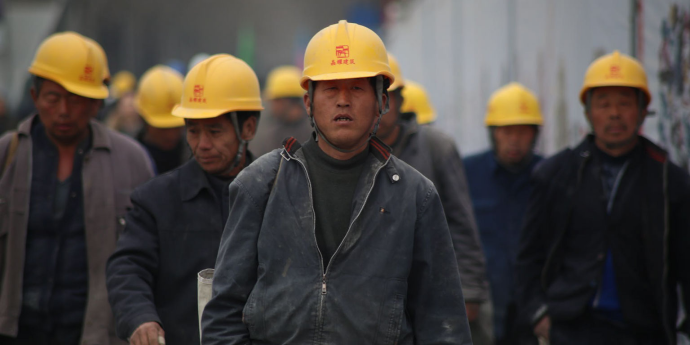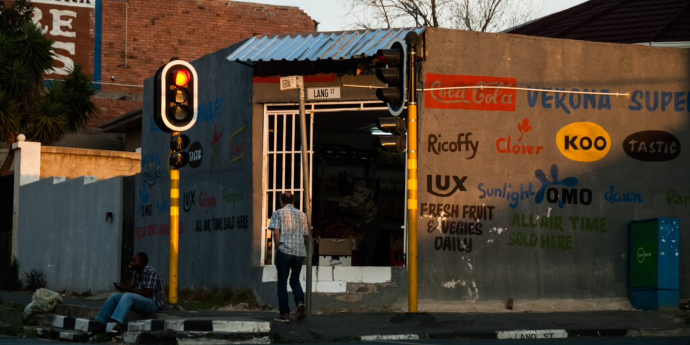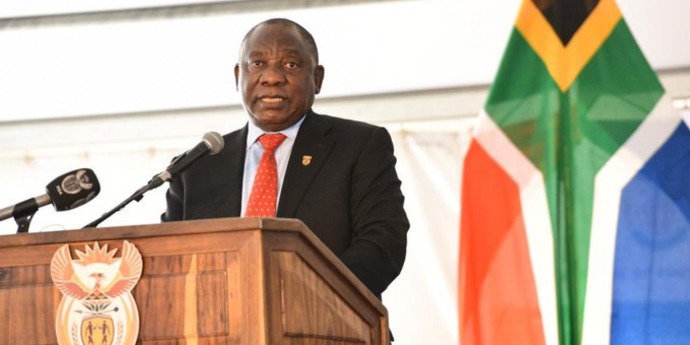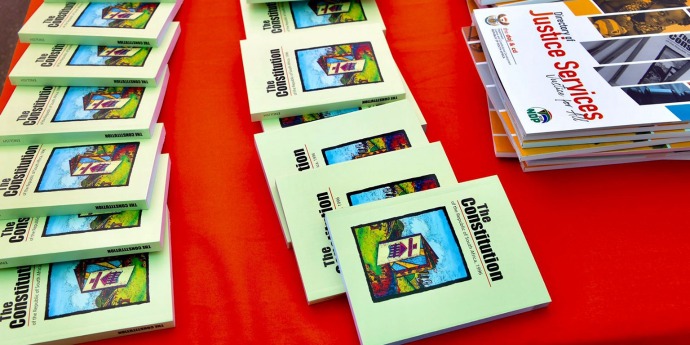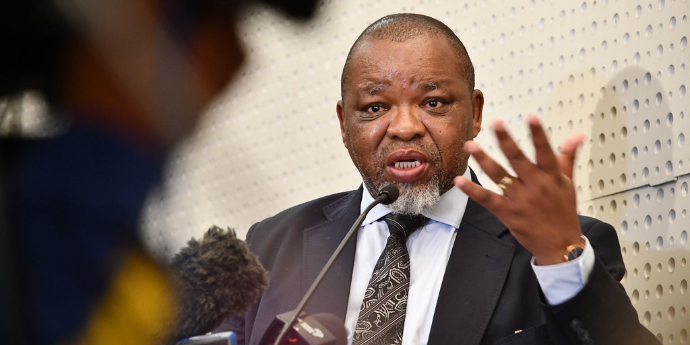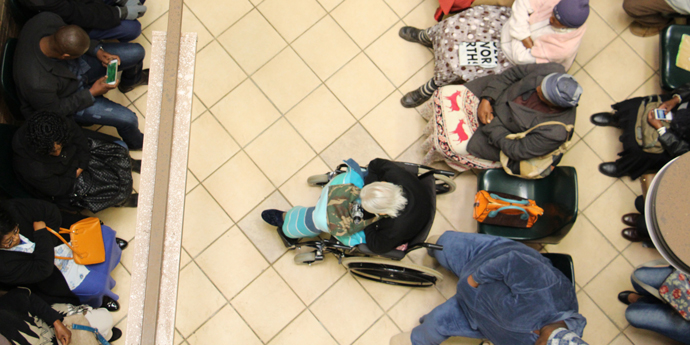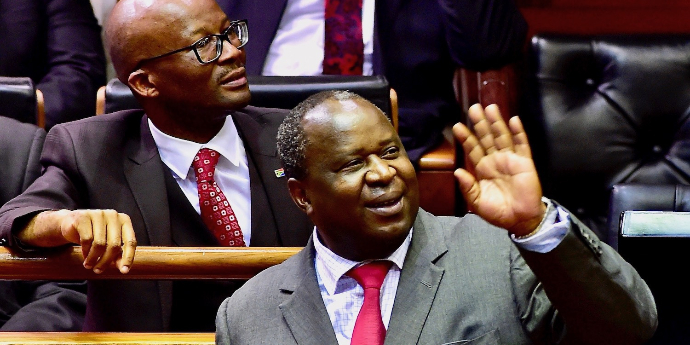Fears that new technologies such as artificial intelligence (AI) and Internet of Things (IoT) will trigger job losses because they will be able to replicate human activities at a faster pace and at scale are growing. In Africa, however, there is evidence that digitalisation could create new opportunities particularly for entrepreneurs and bring more inclusive growth through real job creation.
Reimagining Africa's challenges as opportunities
The World Bank estimates that digital transformation could enhance regional economic growth by up to 2% per year, creating new possibilities for growth through innovation. Now is the time to reimagine Africa’s challenges as opportunities, using technology to innovate new products, services and business models to improve service delivery and address unmet demand.
We are already seeing African business take advantage of this. One of the latest technology firms to list on the New York Stock Exchange, for example, is Jumia - an e-commerce platform with over 4 million customers in 14 African countries. Its listing on April 12th saw shares jump by around 70% putting the company’s market capitalization at close to $2 billion, cementing its status as Africa’s first technology unicorn.
Mitchell Elegbe, CEO of Nigerian start up Interswitch, hopes that it will become the next one. The company, which is planning a global listing soon, reports that already Nigerian consumers and businesses make more than 300 million digital transactions a month across a suite of Interswitch-enabled channels.
Meantime MTN group CEO Rob Shuter believes that the mobile money market, one of the first movers in the digital space in Africa, has far to go thanks to the fact that Africa’s population remains largely unbanked. In another five years it could evolve into a pan-African ecosystem akin to China’s ubiquitous WeChat app, he believes.
The evidence is there: Africa is digitising rapidly. And while this trend has not yet been recognised by many global investors and executives, that is no reason why others can’t see the signs, write McKinsey and Company’s Acha Leke and Twanda Sibanda in Harvard Business Review. The continent already has 122 million active users of mobile financial services, more than half the global total. Its number of smartphone connections is forecast to double from 315 million in 2015 to 636 million in 2022 — twice the projected number in North America. Over the same period, mobile data traffic across Africa is expected to increase sevenfold.
Adopting technology to mitigate climate change
Many sectors on the continent are ripe for digitalisation. Innovative technology could, for example, help modernise the agricultural sector - Africa’s largest employer - improving yields and the livelihoods of large farming communities in the region. According to a recent report by global research and consultancy firm Oxford Business Group, the adoption of technology is set to play a significant role in mitigating the effects of climate change. Furthermore, according to the report, through precision farming, mobile apps and drones, governments and others in agriculture hope the sector will increase profitability, sustainability and attractiveness as a profession in the years to come.
But, for Africa to realise these kinds of gains there needs to be a clear strategy and serious commitment from policy makers to ensure that the continent is better prepared. A major concern is that Africa’s education and labour system appears not to be ready for the shifts that may result from the fourth industrial revolution. While digitalisation has immense potential to boost education provision to millions of South Africans, we must first have the required infrastructure in place. How and what we teach will be critical in getting young people ready for a digitised world.
A future that requires problem-solving skills and collaboration abilities
According to Arthur Goldstuck, a technology analyst and MD of World Wide Worx, we have to change our entire education system to prepare students for a future that will require problem-solving skills and collaboration abilities. Because technology will evolve too fast to prepare for specific technologies in the education system, the approach must be one that evolves abilities like thinking, analytics, problem-solving and collaboration.
The World Economic Forum says to prevent a worst-case scenario — technological change accompanied by talent shortages, mass unemployment and growing inequality — reskilling and upskilling of today’s workers will be critical.
Furthermore, the WEF says, while much has been said about the need for reform in basic education, it is simply not possible to weather the current technological revolution by waiting for the next generation’s workforce to become better prepared. Instead it is critical that businesses take an active role in supporting their current workforces through re-training, that individuals take a proactive approach to their own lifelong learning and that governments create the enabling environment, rapidly and creatively, to assist these efforts.
Creating an enabling environment and investing in critical infrastructure will be particularly key especially considering that 18 of the least wireless connected countries are in Africa, and only 24% of Africans have Internet access, while just 7% of households on the continent have high speed Internet connections.
In essence, Africa is at a crossroads: either to take full advantage of the opportunities presented by the digital revolution to create connectedness and greater economic inclusion, or run the risk of being swept aside by the coming digital tsunami — a path that will lead to isolation, widening inequality and market stagnation.
Mignon Reyneke is Associate Professor of Digital Marketing at the UCT Graduate School of Business.





